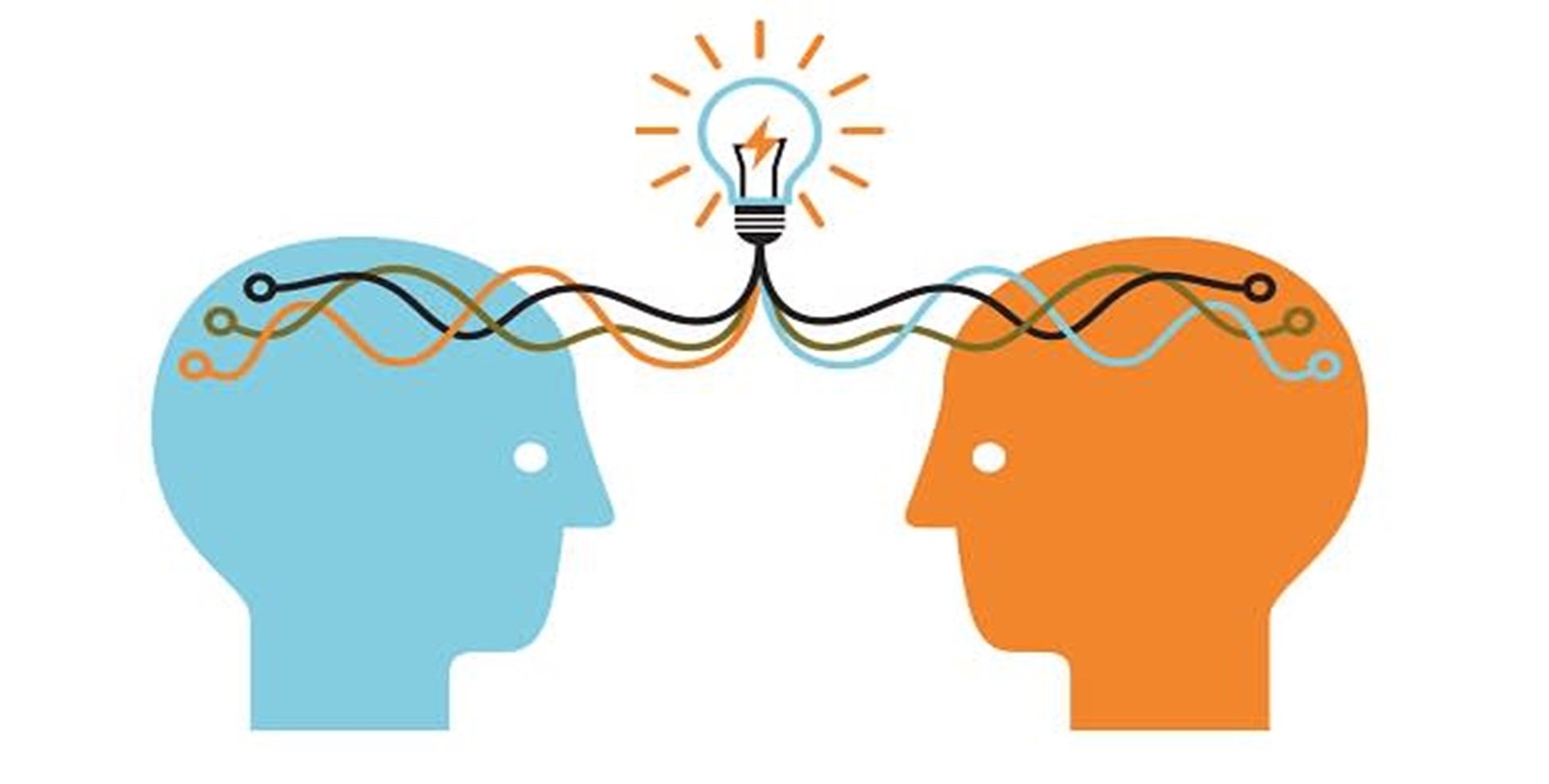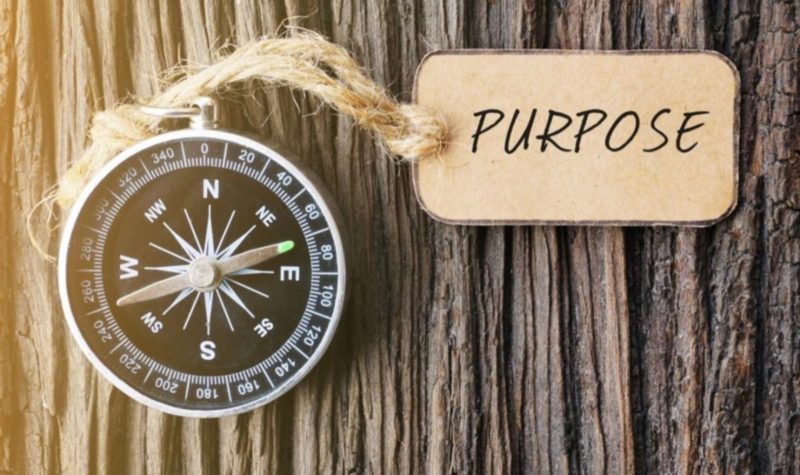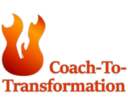

My First Coaching Lesson
- Aug 06th 2018
As I started my coaching journey, I was trying to find clients to coach. I started with one of my close friend who used to talk to me regularly on some of the challenges that she used to go through at work as well in her personal life.
Many of us who are banking on our monthly salaries to run our families are under similar pressure to deliver at work. Given the nuclear structure of today’s families, there is equal pressure and demand from the family for quality time to nurture a good relationship with the spouse and kids. My friend was always interested in doing her Doctorate, but she hardly took any concrete action towards that goal due to other priorities mentioned above. I thought this was a great opportunity for me to start my coaching practice.
I started to have frequent coaching conversations with her and there were concrete actions that were taken to move closer to her goal. As I was thinking about the coaching process and how it can bring about a transformation in one’s personal life, there were a few themes that emerged and below are those themes and its relevance to the coaching process:
Listening:
In this World of Artificial Intelligence, where machines can replace anything that a human does, can we expect machines to listen to the problems of human beings. Even though machines could do that, how acceptable would that be to human beings? Just like how one would like a “Personnel” to respond on calling a “contact/call center”, we human beings still need that personal touch when it comes to hearing out one’s problems. That’s where the coach can play a pivotal role of being a good listener A good coach generally follows the 80:20 rule, listen for at least 80% of the time he spends with a client. The more I listened to my friend, I got to know her and the challenges she was going through much better. That’s what made me realize, good coaches, Listen, not with the intent of responding, but with an intent of understanding the other person better.
Exploring self:
The process of coaching, helps the individual being coached, turn their lenses inward, instead of focusing outward. With coaching, the journey of self-exploration starts and there are some useful insights that can get triggered in the process. For a few, the insightful moment could come in the first few sessions, for the rest it may take a few cycles. The job of the coach is to be there with the client through this journey and allow them to explore themselves. A good coach is non-judgmental and stays away from giving solutions or asking questions that can lead to a solution, instead allows the client to self–explore. As a coach I was focused on helping my friend discover herself and her short comings that stopped her from taking action. Once that realization was there, it was just a matter of time to decide on next steps on move on with execution.
Follow up on actions:
This is the most critical piece of the entire coaching process. Having the client take goals, remind them about these goals, supporting them through this journey and seeking a closure, are all very critical to the coaching process. In my friend’s case, her goal was very clear and it was to submit the proposal for her PhD to one of the premier institutes. She broke down the goals to be SMART (Specific, Measurable, Achievable, Realistic and timely) and as a coach my job was to remind her on these goals and have her take it to a completion. As a client my friend was very happy that she completed her proposal that she had been putting off for more than 2 years and as a coach I was very happy to see my friend achieve her goal.
If any coach follows these three simple techniques, one can expect very positive results, as long as there is good amount of trust and openness between the client and coach. If you are one of those aspiring coaches, try these simple yet powerful techniques and I am sure it can do wonders for both the client and the coach.


Rajat Garg
Rajat is a Master Certified Coach (MCC) with over 18 years of industry experience and over 2500 hours of coaching experience, helping people and organizations attain maximum effectiveness. His background includes working with CXOs, senior managers, managers and board of directors of small private companies to multi-billion dollar publicly traded organizations.









0